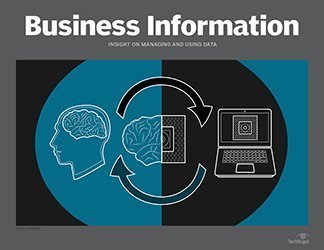PRO+ Premium Content/Business Information
Access your Pro+ Content below.
Hype surrounding AI technologies nears atomic proportions

This article is part of the Business Information issue of February 2018, Vol. 6 No. 1
Like a child trapped in a septuagenarian's body, artificial intelligence presents an odd sort of dichotomy. The technology, or at least the concept, has been around for decades, and while AI technologies have recently gained traction in several niche applications, it's far from achieving mainstream status in consumer and business markets. Before that can happen, many challenges and hindrances need to be addressed, including seamless human-machine conversations, integration of AI technologies, access to clean data, competition for data scientists and democratization of AI within organizations. "General AI is still quite a ways off," acknowledged Tyler Schulze, vice president of AI platform maker Veritone, during December's AI World Conference in Boston. Machine learning platform maker Kogentix CEO Boyd Davis, who also spoke at the conference, said "most of the statistics you see out there say less than 20% of organizations are using any of these [AI] technologies, and less than 5% are using it to its full potential or even close ...
Features in this issue
-
Big data throws bias in machine learning data sets
AI holds massive potential for good, but it also amplifies negative outcomes if data scientists don't recognize data biases and correct them in machine learning data sets.
-
AI functionality limited today but could be a game-changer
Limited AI capabilities could soon give way to technology that is truly transformative for enterprises, surpassing the overhyped functionality that we see today.
Columns in this issue
-
AI technologies have come far, but the road is long
Machine learning and other artificial intelligence technologies are poised to offer businesses big benefits, but companies have to walk before they run with AI.
-
Cognitive computing in healthcare mends doctor-patient gaps
Cognitive computing and healthcare data aggregation may prove to be important bedside companions to doctors treating their patients in the era of medical specialization.
